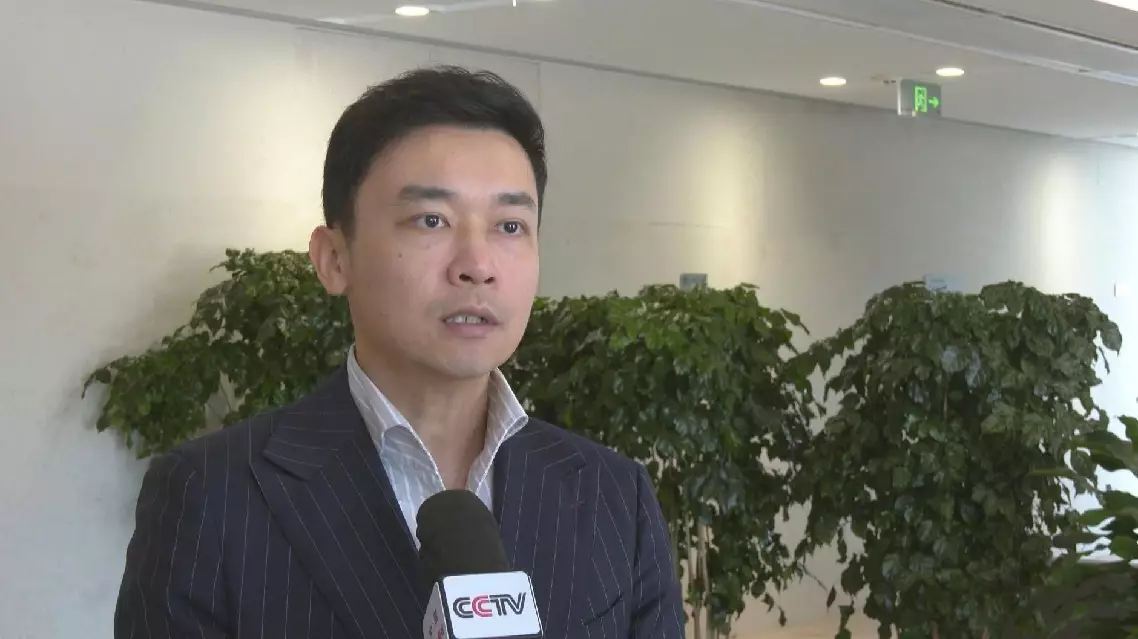The Philippines' adoption of two so-called maritime laws seriously violates the rights and interests of other countries and undermines the international rule of law, and China will resolutely take corresponding measures to safeguard its rights, according to Chinese experts.
The Philippines has 'stirred up trouble' again by enacting two domestic laws, attempting to cover its illegal moves in the South China Sea with a legal veneer, the experts said.
The so-called "Maritime Zones Act" and "Archipelagic Sea Lanes Act" signed into law by Philippine President Ferdinand Marcos Jr. on Friday, gravely infringe upon China's territorial sovereignty and maritime rights and interests in the South China Sea, according to the experts, sparking strong condemnation and serious protests from China.
As domestic laws, the two acts have provisions far beyond the scope authorized by international laws and seriously violate the provisions of international laws such as the United Nations Charter and the United Nations Convention on the Law of the Sea (UNCLOS).
Experts said the "Maritime Zones Act" illegally includes China's Huangyan Dao (Island) and most of the islands and reefs of China's Nansha Qundao (Nansha Islands) and relevant waters in the maritime zones of the Philippines, and attempts to enshrine the illegal award of the South China Sea arbitration in the form of domestic legislation.
"The Philippines has long refused to give up coveting the sovereignty of part of China's Nansha Qundao. The 'Maritime Zones Act' uses the illegal award of the South China Sea Arbitration as a basis or source of the Philippines' maritime rights claims. The Philippines attempts to further position itself as a so-called 'winner' of the South China Sea arbitration through this domestic law. This also reflects that since 2016, especially since the Marcos Jr. government came to power, the Philippines has accelerated the pace of confirming the illegal award of the South China Sea arbitration through domestic legislative measures. China will take strong and effective countermeasures against the Philippines' activities that infringe on China's territorial sovereignty and maritime rights. No matter what actions the Philippines takes at sea or in political, diplomatic and legal sectors, its schemes of infringement will not succeed,” said Ding Duo, deputy director of the Research Center for Ocean Law and Policy under the National Institute for South China Sea Studies.
As for the "Archipelagic Sea Lanes Act", Chinese experts say many of its provisions are incompatible with international law and resolutions of the International Maritime Organization (IMO), which imposes obligations beyond international law on passing foreign vessels and aircrafts, undermining the legitimate rights of navigation and overflight of other countries.
"First of all, this act has excessive restrictions on the freedom of navigation, which is not in line with the relevant provisions of the IMO and the UNCLOS. In addition, it has discriminatory regulations to determine navigation management measures for a country based on the closeness of its relationship with the Philippines, which is also not in line with international practice. The act excludes the Philippines' allies and countries close to it, like Australia and Japan. Some restrictions are not imposed on them, but on other countries including China. Judging from the current situation, the 'Archipelagic Sea Lanes Act' is an absolute practice of restricting freedom of navigation,” said Hu Bo, director of the South China Sea Strategic Situation Probing Initiative.
The "Archipelagic Sea Lanes Act" will actually harm the vital interests of the Philippines, as the three sea lanes designated by the act are all adjacent to the U.S. military bases in the Philippines. The Philippines is thus further tied to the "chariot" of promoting the geopolitical influence of major countries outside the region, posing greater risks to its own security, the experts said.
In an attempt to create so-called stronger legal weapons for its expansion in the South China Sea, the Philippines' adoption of the two acts is a legal farce which is a continuation of the South China Sea arbitration and will not contribute to the peaceful resolution of the South China Sea dispute, but will further intensify confrontations in the region, according to the experts.
"The Philippines' provocative and infringing activities in the South China Sea have gravely jeopardized peace and stability in the region. The Philippines choice to adopt these two acts at such a time, followed by the U.S. statement voicing support, has added a new element of instability to the situation in the region,” said Lei Xiaolu, a professor at Wuhan University's China Institute of Boundary and Ocean Studies.
"The Philippines is sparing no effort to win over countries outside the region to put pressure on China, and it is increasingly attracting countries outside the region in terms of politics, diplomacy, public opinion and military. The Philippines' approach is tantamount to opening the door to the devil, which will lead to more and more military forces outside the region gathering in the South China Sea. This is actually not only detrimental to the relations between China and the Philippines, but also undermines the centrality of countries in the region, especially the ASEAN countries, in the region's security affairs,” said Ding.
The Chinese government on Sunday issued a statement regarding the baselines of the territorial sea adjacent to China's Huangyan Dao.
The statement declared that the government of the People's Republic of China (PRC), in accordance with the Law of the PRC on the Territorial Sea and the Contiguous Zone dated February 25, 1992, announced the baselines of the territorial sea adjacent to Huangyan Dao. This has reflected China's will, determination and ability to safeguard its sovereignty, security and development interests.
The Chinese Ministry of Foreign Affairs on Friday issued a solemn statement, saying that "China’s territorial sovereignty and maritime rights and interests in the South China Sea shall under no circumstances be affected by the award."
The arbitral tribunal handled the case ultra vires and rendered the award in distortion of law, hence the award violates international law including UNCLOS, and is null and void, according to the statement.
Regarding issues concerning the South China Sea, China has always committed to methods of managing differences and carrying out negotiations and consultations in handling territorial and maritime issues while the Philippines has been making repeated provocations at the political and legal levels for some time, and China will inevitably take corresponding measures to safeguard its rights, experts say.
What the Philippines has done in the South China Sea has created and escalated tensions in the region and hindered stability and prosperity in the region, which will do more harm than good to countries in the region, according to the experts.

Philippines' so-called maritime acts violate interests of other countries, undermine int'l rule of law: experts



















































